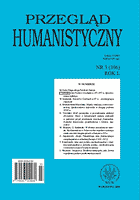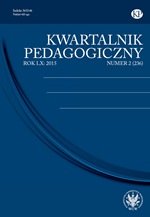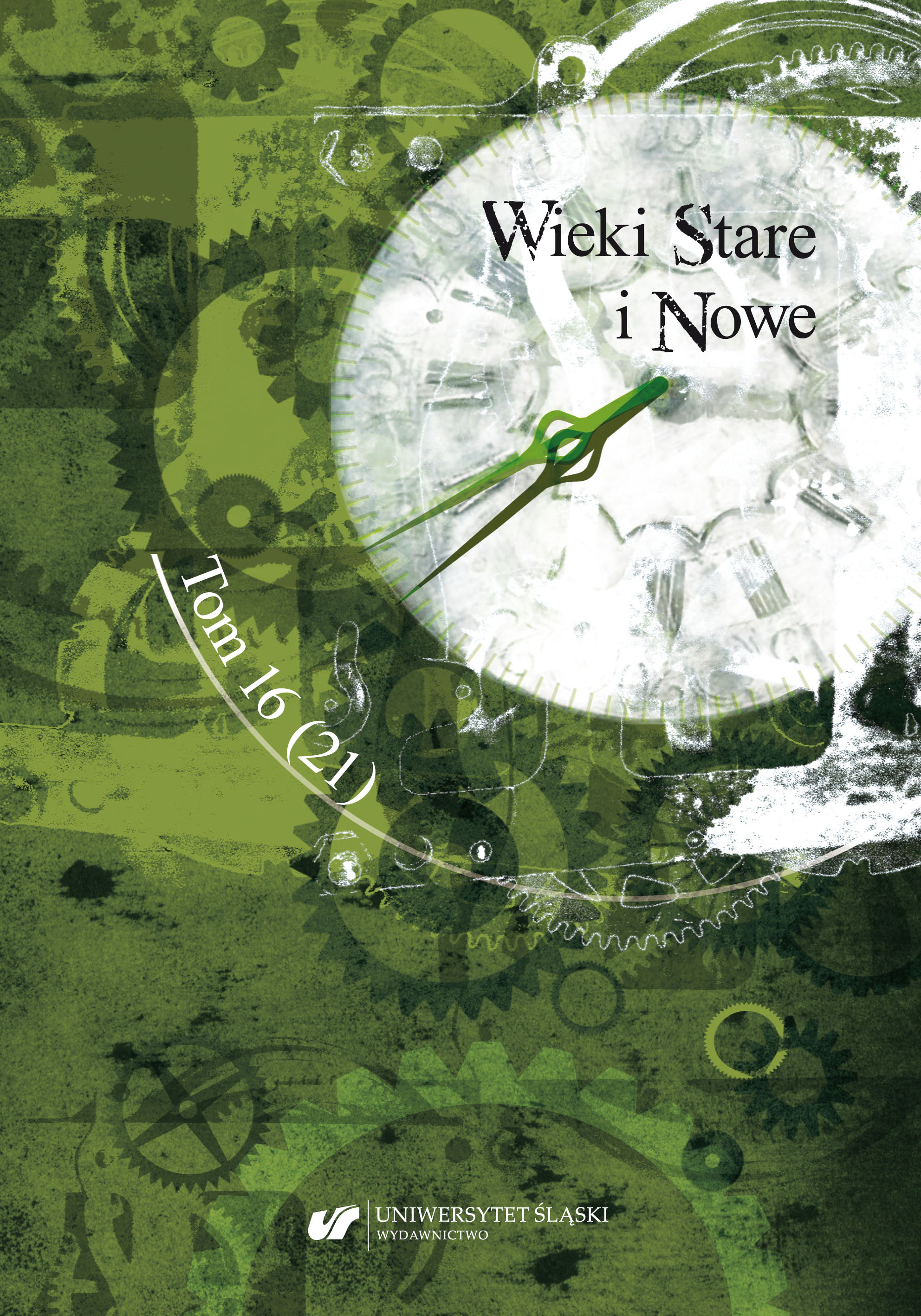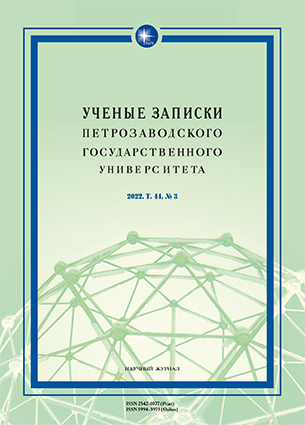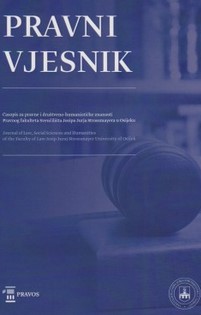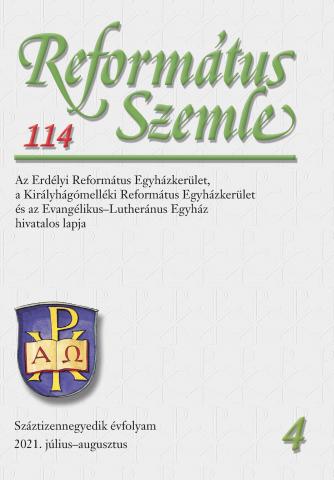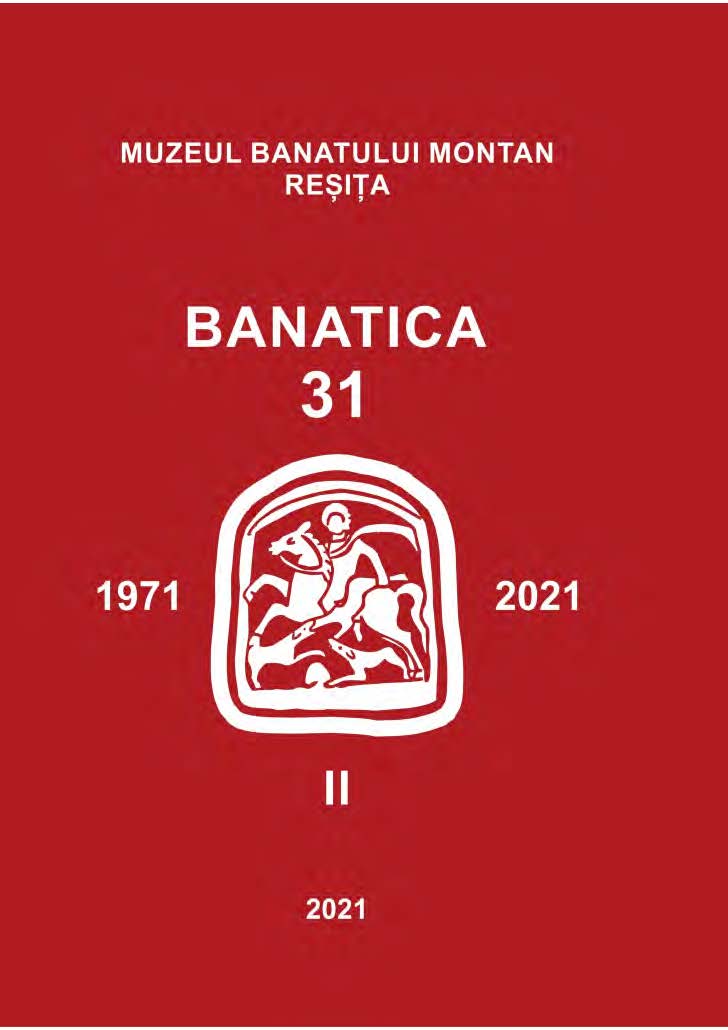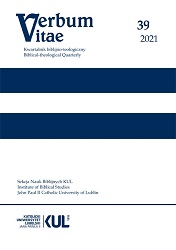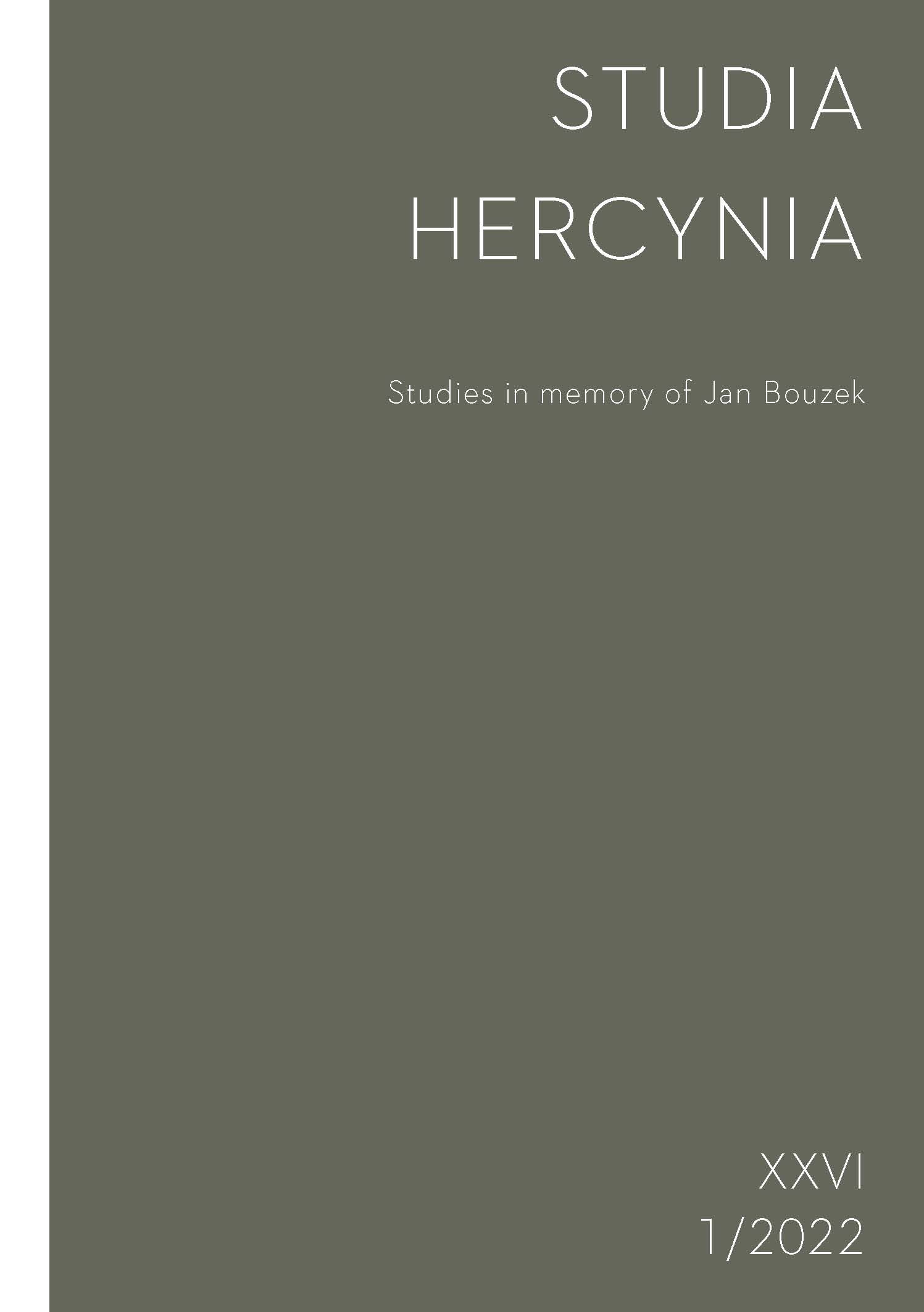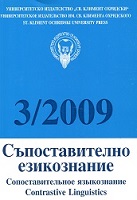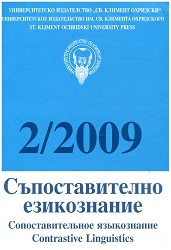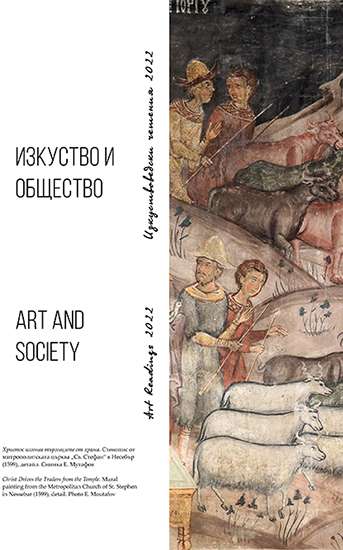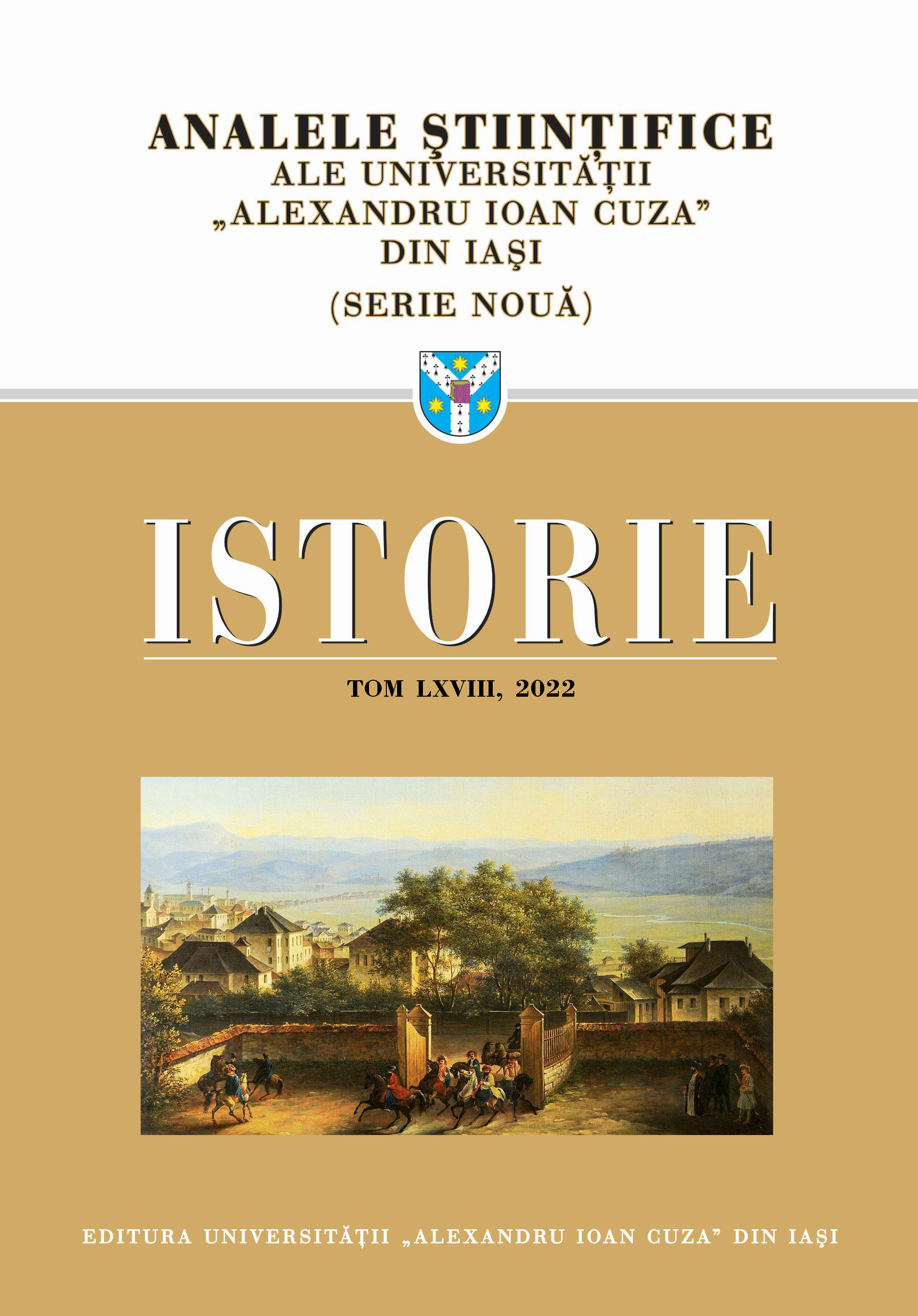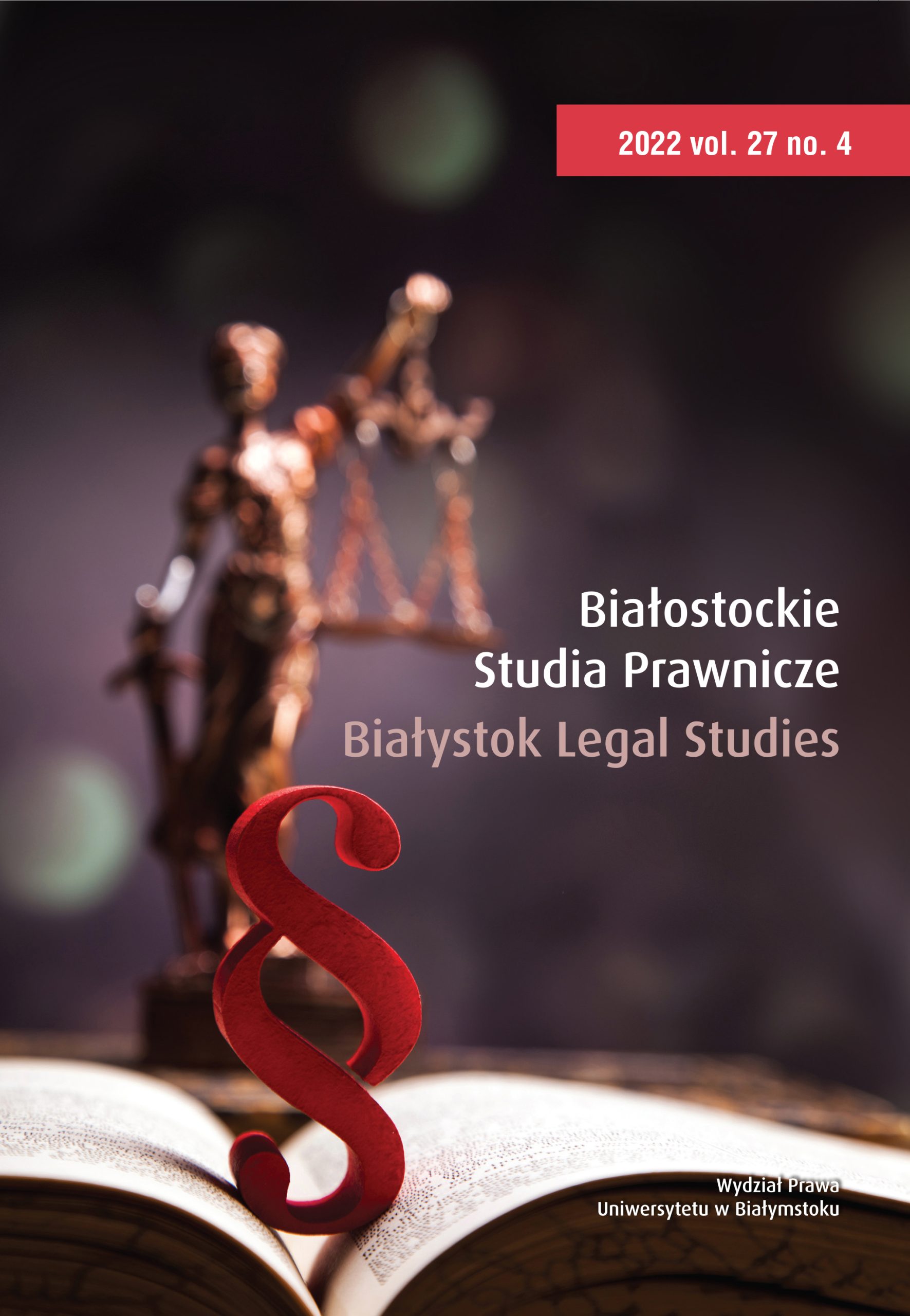Vasile Pârvan e Marco Aurelio
Author(s): Nelu Zugravu / Language(s): Italian
/ Issue: 68/2022
Keywords: Vasile Pârvan; Hadrian; Antoninus Pius; Marcus Aurelius; Lucius Verus; imperial biographies; the history of ancient ideas; the institutional history of the Roman Empire; imperial succession;
Our contribution analyzes one of the youthful writings of the Romanian historian and archaeologist Vasile Pârvan, still very little known in Romanian historiography – M. Aurelius Verus Caesar și L. Au¬re¬lius Com¬mo¬dus, A. D. 138-161. Studiu istoric (Bucharest, 1909). At that time, it was recommended as unique in Romanian historiography, from at least three points of view: 1. It was the first scientific imperial biography in modern Ro¬manian culture. 2. It opened a new direction of investigation – the history of ancient ideas. 3. It addresses an original problem of the institutional history of the Roman Empire, namely the “personal and public law relations” between Hadrian and Antoninus Pius and the “future first co-emperors Marcus Antoninus and Lucius Verus” and between the latter among themselves – specifically, the question of coregency and of the collegiality of sovereign power. In this pioneering work in the field, Vasile Pârvan formulated points of view close to identity with those of some contemporary historians: a) He advanced the idea that Hadrian’s regulation of 25 February 138 whereby the emperor adopted Aurelius Antoninus, and he adopted Lucius Verus and Marcus Aurelius, was in fact referring to Marcus Aurelius. b) He intuited an extremely important aspect of the phenomenon of imperial succession implemented by Hadrian, without, however, formulating it explicitly, namely the succession in steps, according to the Augustan model. c) He noted that in 136, when he adopted L(ucius) Ceionius Commodus and gave him the name/title of Caesar, thus becoming L(ucius) Aelius Caesar, Hadrian did not also grant his son of the same name (the future Lucius Verus) cognomen Caesar. The situation was repeated under Antoninus Pius: in 139: Caesar only became Marcus, not Verus. Pârvan, following Theodor Mommsen, be¬lieved that this reflected an innovation, an “exceptional procedure” introduced by Hadrian into the succession protocol: only an heir presumptive, only the one truly destined to rule received the title/cognomen of Caesar, not all those adopted and enrolled, theore¬tically, in the line of succession, as had happened under the first imperial dynasty. d) Finally, the Romanian historian showed that 161, the year of Marcus Aurelius’ accession to the throne, marks another innovative moment in Roman constitutional history: Marcus granted his brother Lucius Verus not only the title of Caesar, tribunicia potestas, and imperium pro¬con¬sulare, but also the name-title Imperator... Augustus, making Verus, from co-regent, a “co-em-peror”; and thus was born, instead of a coregency, a Sammtherrshaft, a Dop¬pel¬prinzipat or a “bicephalous principality”, but in which Verus had a subordinate position.
More...

